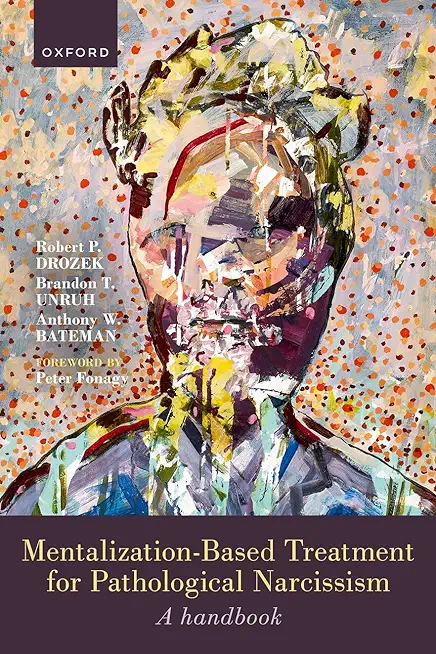
Drozek, Robert P.
product information
description
irical interest in narcissism and narcissistic personality disorder, therapists often feel confused and overwhelmed about how to help patients struggling with these problems. "Mentalization" refers to the ability to read, access, and reflect on mental states in oneself and other people. Research shows that people with narcissism can suffer from extreme difficulties mentalizing themselves and others, leading to instability in their mood, interpersonal relationships, and sense of self. Mentalization-based Treatment for Pathological Narcissism: A Handbook provides much needed guidance about how to effectively help patients suffering from narcissistic vulnerabilities. Mentalization-based treatment, or MBT, is an evidence-based therapy for patients with personality disorders, helping patients to reflect on mental states in themselves and others, resulting in significant improvements in everyday functioning. This book reviews the deficits in mentalizing associated with pathological narcissism, describes how to give the diagnosis of narcissism to patients, outlines how to structure therapy sessions, and offers step-by-step techniques about "what to do and say" when sitting with these patients. Utilizing vibrant case examples and verbatim scripts from actual psychotherapies, the authors explain how to address the most common clinical challenges associated with narcissism: disconnection from emotions; impairments in empathy; rigid thinking; monologues and intellectualization; unstable self-esteem; and tendencies to blame other people for disruptions in their relationships.
member goods
No member items were found under this heading.
Return Policy
All sales are final
Shipping
No special shipping considerations available.
Shipping fees determined at checkout.







